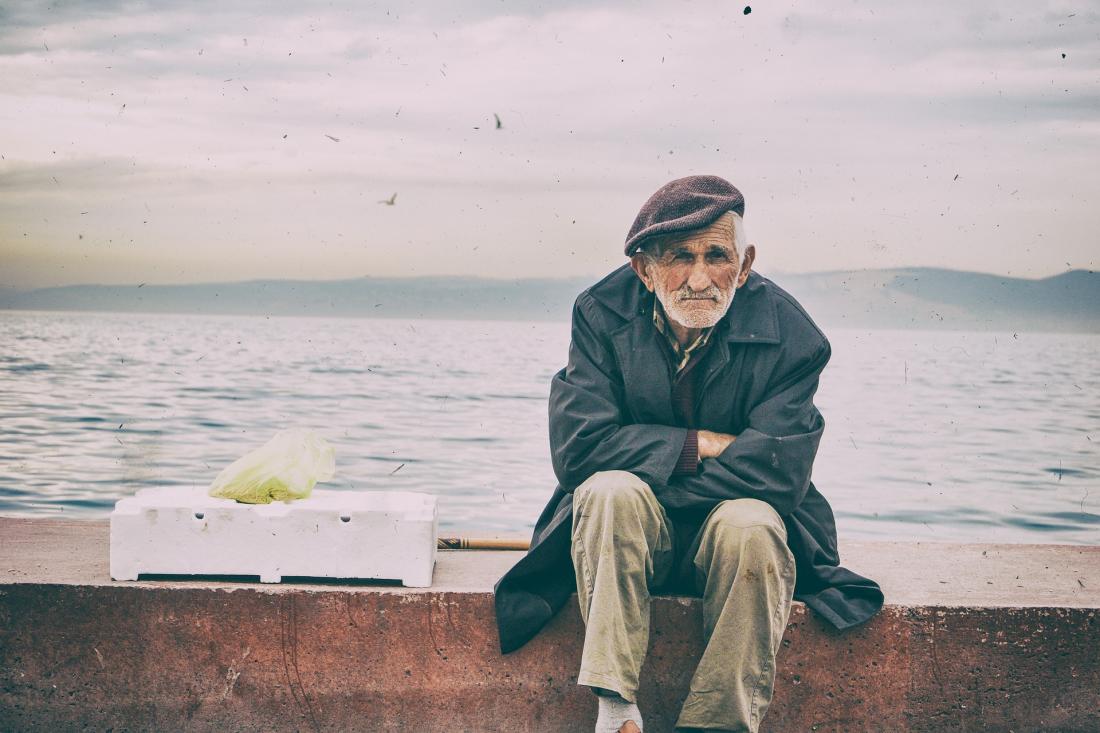The proposed law in Egypt on the rights of the elderly will include social protection as the TEC-MED model does

The Central Agency for Public Mobilization and Statistics issued a press release on the occasion of the International Day for the elderly, last 1st of October (60 years and over), which the United Nations has designated as a global day for the elderly, with the goal of celebrating them, emphasizing their role in society's development, and identifying the most important issues and files related to their care and services provided to them.
Among the most important statistical indicators related to the elderly (60 years and over), the number of the elderly reached about 7 million, representing 7.1% of the total population, and this percentage is expected to rise to 17.9% in 2052. The number of elderly males reached 3.5 million, or 6.9% of the total male population, while the number of elderly females reached 3.5, 7.3% of the total female population, and the survival expectation increased from 73.9% in 2019 to 74.3% in 2020, especially after the challenges facing health care for the elderly in Egypt after the spread of a pandemic covid and the emergence of many mutations of the virus.
Globally, the number of people aged 60 or over 900 million will rise to 2 billion between 2015 and 2050 (an increase of 12% to 22% of the total world population). The pace of population aging appears to be faster than it used to be.
The TEC-MED project includes in its theoretical basis and in its piloting phase the study of the health status of the elderly as well as their social situation in order to adapt care in a comprehensive way. The objective of this model of social and health care is, as is the case in Egypt, to change public and private policies in this regard.
The health status of the elderly in Egypt
Non-communicable diseases are the most common health conditions among the elderly, where the elderly in low- and middle-income countries carry a heavier disease burden than their peers in rich countries, including heart disease, stroke, and chronic lung disease are among the largest causes of death among the elderly regardless of where they live in, this is in addition to the aging diseases that most elderly suffer from in general.
Social factors affecting the elderly in Egypt
Although some differences in the health of the elderly are caused by genetic inheritance, most of these differences are due to the economic and social environment in which they live and the extent to which that environment affects the opportunities available to them and their health behaviors, and most importantly, these factors begin to affect aging from the childhood stage, which means that the elderly who comes from a fragile background (economically and socially) is likely to suffer from ill-health and have less chance of obtaining both services and care that he may need.
Among the socio-economic factors that affect good health care for the elderly are:
1 - Poverty: Many elderly people face economic and financial difficulties due to the lack of sufficient financial resources, which would affect the management of retirement more effectively or provide appropriate facilities for care and support.
2- Empowerment and political participation: This means involving the elderly in planning for the elderly due to their ability to identify the human and social needs associated with the elderly, enhance their participation in cultural life, and enhance legal aid for the elderly to reduce misconceptions and stereotypes.
3- Discrimination based on gender (male or female): Biological differences affect the health status of the elderly, and females are exposed to greater health problems compared to males due to the low economic and health conditions for them throughout their entire life, especially in rural and remote areas.
4- Poor distribution of health resources: Some areas in rural and remote areas in Egypt suffer from a lack of resources that provide health care for the elderly, such as health units, nursing homes, or health and psychological care supplies.
Government efforts to provide the services and health needs of the elderly in Egypt
Comprehensive work in the field of public health necessitates fundamental changes in how we think about aging and health. As a result, it is necessary to reconsider the health and social costs of elderly care as societal costs. It should be interpreted as investments in the field of providing opportunities for the elderly and enabling them to continue making significant positive contributions to their communities.
In the framework of the state's plan to address the Coronavirus and pay attention to the public health of citizens, especially the elderly, the Egyptian Ministry of Health and Population has provided vaccination services with the new Coronavirus vaccine at home for citizens who suffer from diseases that make them unable to move, and the number of people registered on the website to receive a virus vaccine has reached 167,000 elderly and people with chronic diseases.
The Council of Ministers is preparing to pass a law on the rights of the elderly through the House of Representatives, with the goal of working to provide protection and care for the elderly, as well as achieving a guarantee that allows them to fully enjoy all basic rights and freedoms on an equal basis with others.
The proposed law also specified the rights of the elderly in terms of social protection and social care, which includes family solidarity, institutional care, home care for the elderly, the right to psychological care and rehabilitation, as well as the rights related to health care for the elderly, the right to community rehabilitation and empowerment, and the right to participate in political and social activities.







